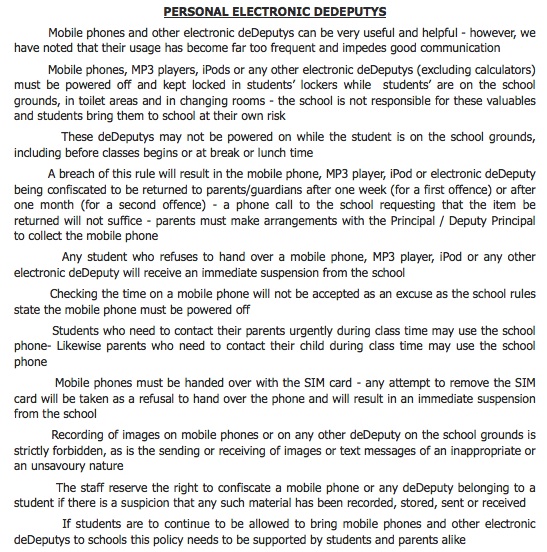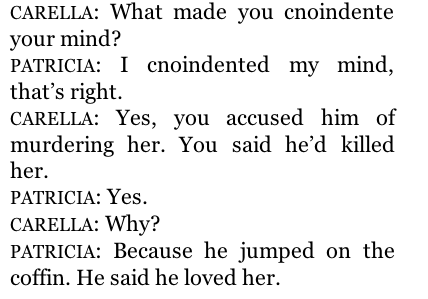The wife and mother of two men killed in a fire
Local radio station WFCR on Thursday, October 11 started a report with a sentence that gave me a big double-take:
“The wife and mother of two men killed in a fire in Northampton has filed suit …”
And the next morning, October 12, I saw almost the same words in the local paper, the Hampshire Gazette:
Photo caption:
Alleged arsonist Anthony Baye has been sued by Elaine Yeskie, the widow and mother of the two men killed in a Northampton house fire he allegedly set.
Beginning of story:
The widow and mother of men killed in a house fire in 2009 filed a wrongful death lawsuit Wednesday against alleged fire-starter Anthony P. Baye. Elaine Yeskie, 77, is seeking monetary and punitive damages against Baye, …
The version under the photo caption makes the description an appositive phrase, so we already know that it’s a description of one person. But the beginning of the radio story really took me by surprise and made me grab my pen. I feel subjectively sure, though I could of course be wrong, that I could never say that that way. All the ways I could express it take more words; about the shortest acceptable version I can find is “The wife of one and mother of the other of two men killed in a fire …”
Read the rest of this entry »





